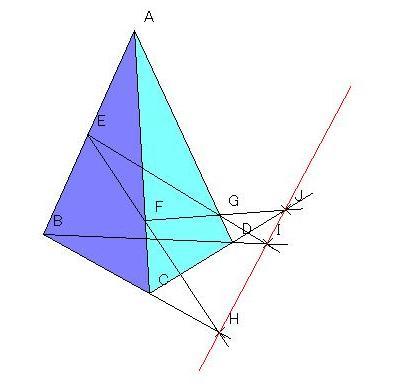結果
| 問題 | No.1493 隣接xor |
| コンテスト | |
| ユーザー |
 convexineq convexineq
|
| 提出日時 | 2021-05-01 04:34:35 |
| 言語 | PyPy3 (7.3.17) |
| 結果 |
AC
|
| 実行時間 | 298 ms / 2,000 ms |
| コード長 | 1,636 bytes |
| 記録 | |
| コンパイル時間 | 327 ms |
| コンパイル使用メモリ | 82,176 KB |
| 実行使用メモリ | 129,460 KB |
| 最終ジャッジ日時 | 2024-07-19 07:26:40 |
| 合計ジャッジ時間 | 7,133 ms |
|
ジャッジサーバーID (参考情報) |
judge2 / judge1 |
(要ログイン)
| ファイルパターン | 結果 |
|---|---|
| sample | AC * 3 |
| other | AC * 27 |
ソースコード
class segment_tree:
__slots__ = ["op_M", "e_M","N","N0","dat"]
def __init__(self, N, operator_M, e_M):
self.op_M = operator_M
self.e_M = e_M
self.N = N
self.N0 = 1<<(N-1).bit_length()
self.dat = [self.e_M]*(2*self.N0)
# 長さNの配列 initial で初期化
def build(self, initial):
assert self.N == len(initial)
self.dat[self.N0:self.N0+len(initial)] = initial[:]
for k in range(self.N0-1,0,-1):
self.dat[k] = self.op_M(self.dat[2*k], self.dat[2*k+1])
# a_k の値を x に更新
def update(self,k,x):
k += self.N0
self.dat[k] = x
k >>= 1
while k:
self.dat[k] = self.op_M(self.dat[2*k], self.dat[2*k+1])
k >>= 1
# 区間[L,R]をopでまとめる
def query(self,L,R):
L += self.N0; R += self.N0 + 1
sl = sr = self.e_M
while L < R:
if R & 1:
R -= 1
sr = self.op_M(self.dat[R],sr)
if L & 1:
sl = self.op_M(sl,self.dat[L])
L += 1
L >>= 1; R >>= 1
return self.op_M(sl,sr)
def get(self, k): #k番目の値を取得。query[k,k]と同じ
return self.dat[k+self.N0]
n = int(input())
*a, = map(int,input().split())
for i in range(1,n): a[i] ^= a[i-1]
a = a[::-1]
from operator import add
seg = segment_tree(n,add,0)
seg.build([1]+[0]*(n-1))
pos = {}
MOD = 10**9+7
for i in range(1,n):
idx = pos[a[i]] if a[i] in pos else 0
pos[a[i]] = i
v = seg.query(idx,i)
seg.update(i,v%MOD)
print(seg.query(0,n-1)%MOD)
